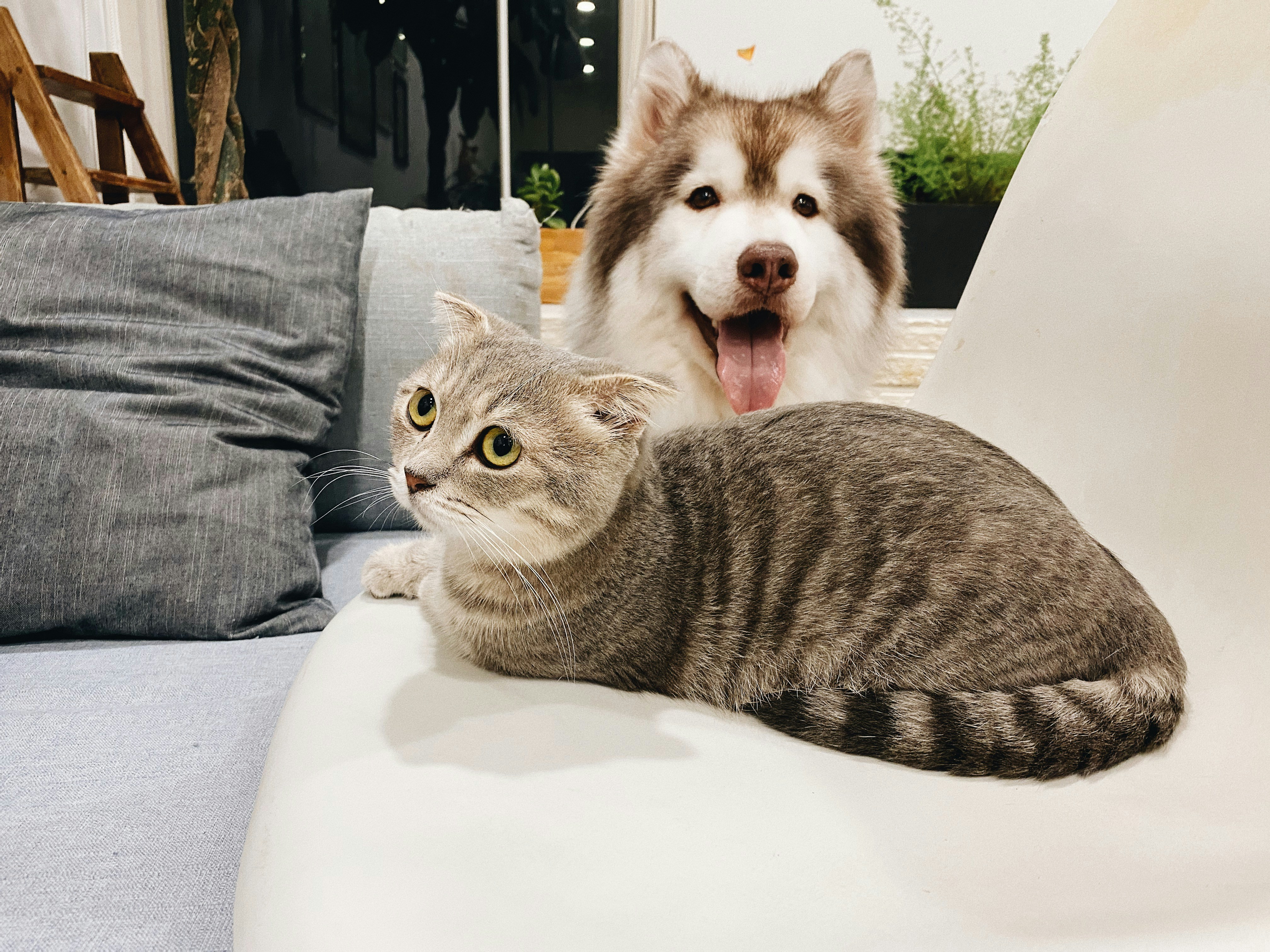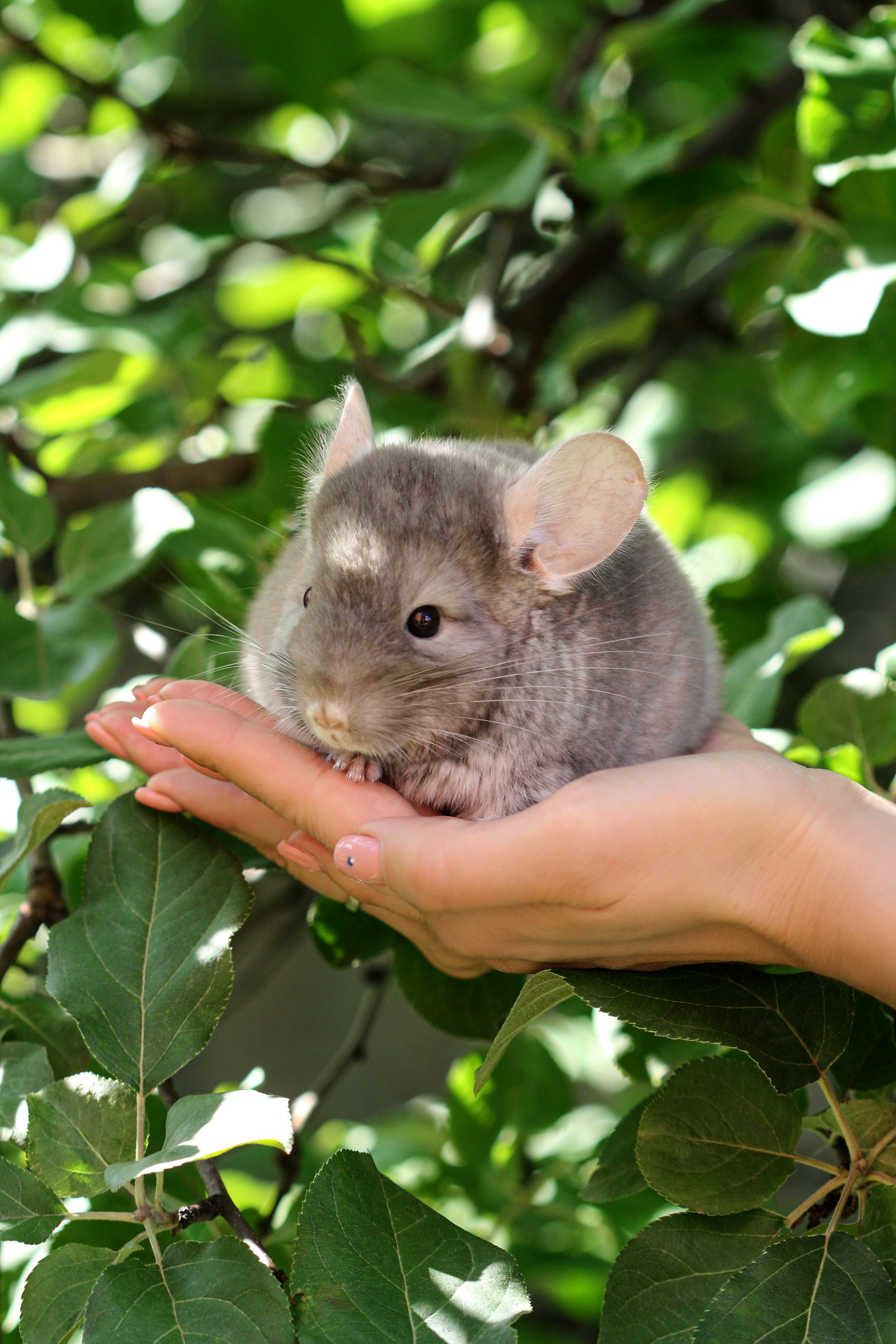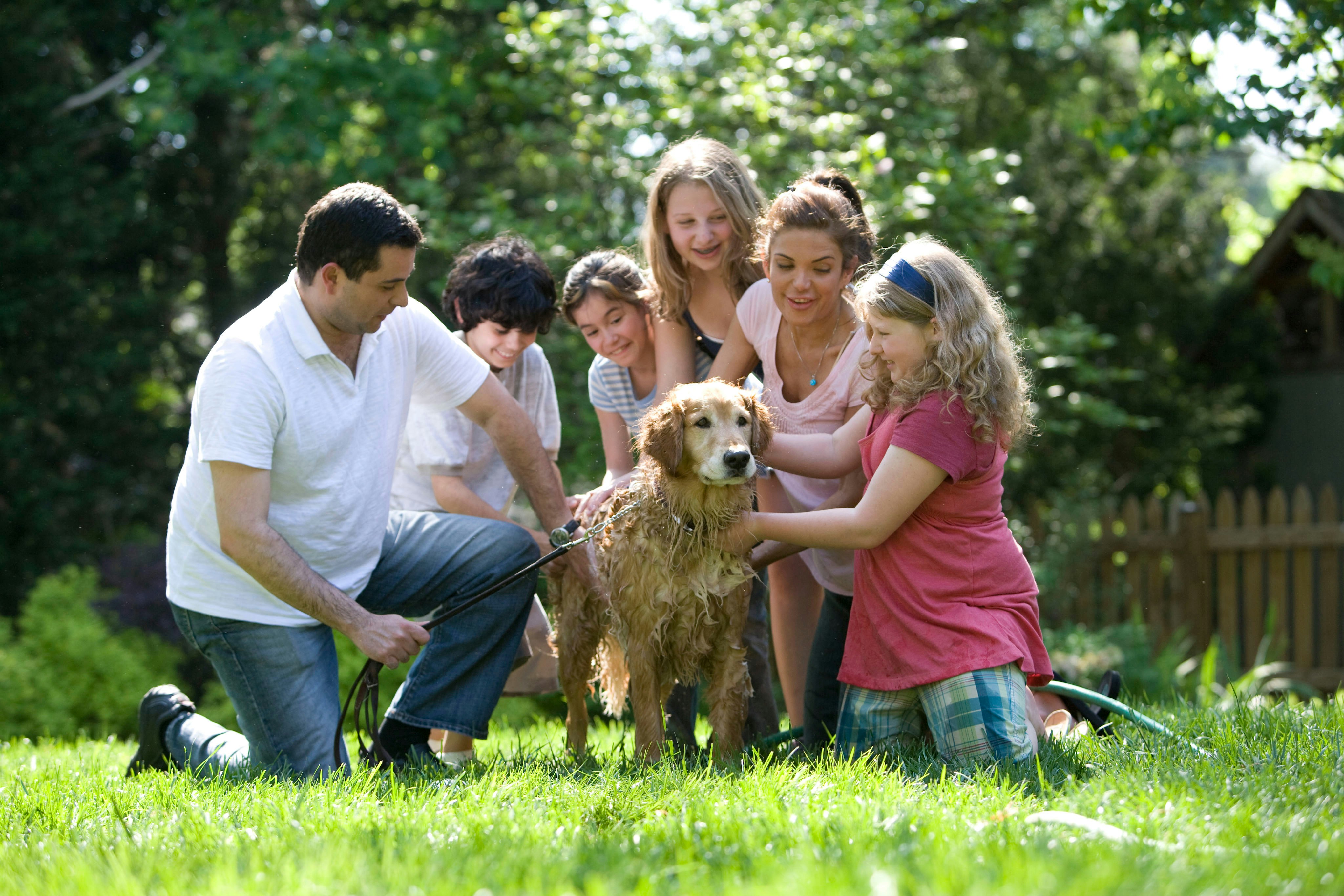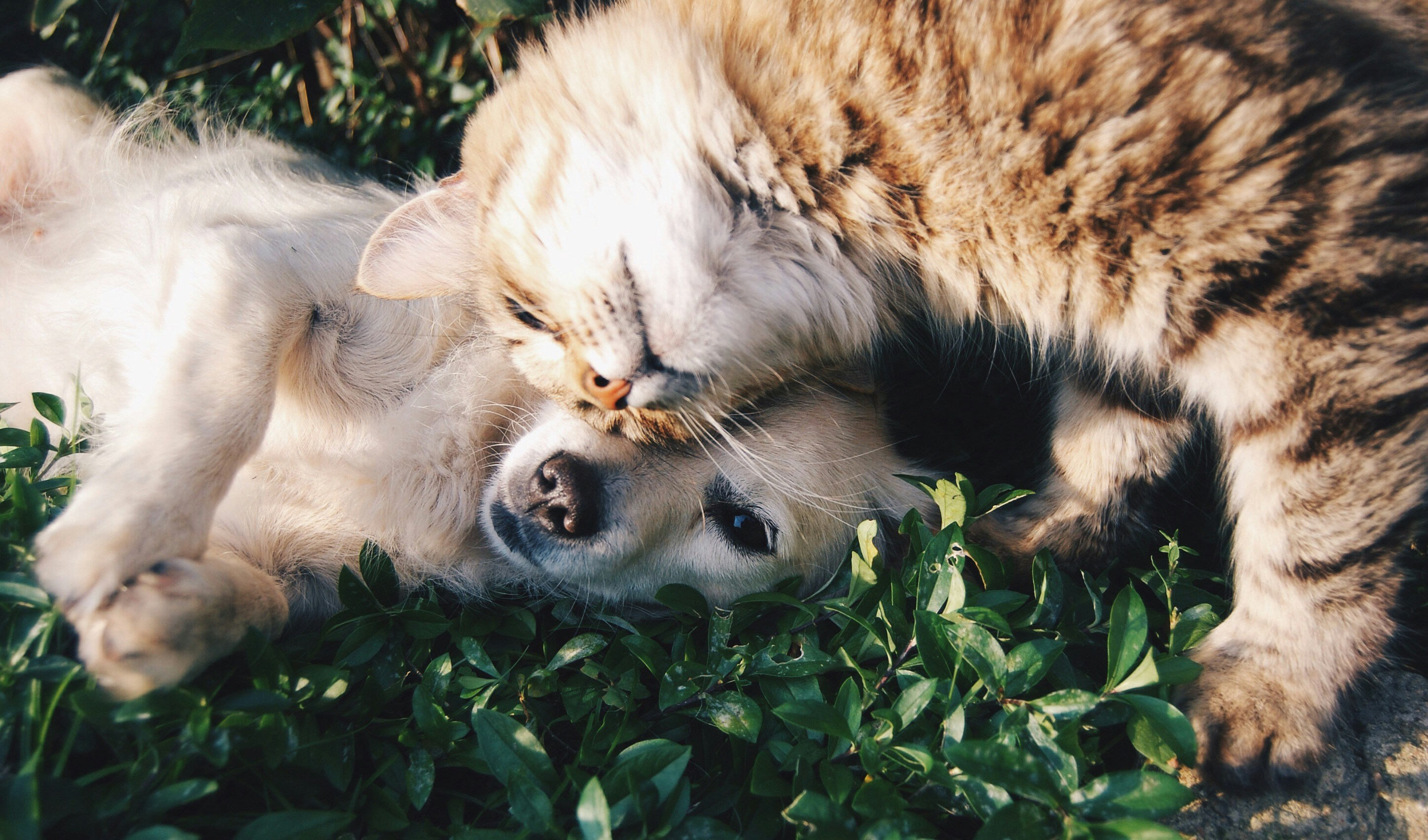Beginner's Guide to Pet Care

Beginner's Guide to Pet Care
Keeping a pet is both exciting and full of responsibility. Whether you want to adopt a cat, dog, rabbit, or small rodent, understanding basic care and precautions is essential for beginners. This guide provides a comprehensive overview to help you start your pet-owning journey with confidence.
1. Choosing the Right Pet
Before adopting a pet, consider your lifestyle and living environment:
- Living space : Small apartments are suitable for small dogs or cats, while larger dogs need more space.
- Time commitment : Dogs require daily walks and companionship, while cats are relatively independent.
- Budget : Pet expenses include food, medical care, toys, and grooming.
Tip: Beginners may start with easy-to-care-for pets, such as hamsters, rabbits, or cats.
2. Essential Supplies
Prepare the following items before bringing a pet home:
- Food and water bowls : Ensure pets always have access to clean water.
- Pet bed/cage : Provide a safe and comfortable resting environment.
- Toys and chew items : Meet activity needs and reduce destructive behavior.
- Cleaning supplies : Litter boxes, pee pads, grooming tools, etc.
3. Diet and Nutrition
A pet’s diet directly affects its growth and lifespan:
- Specialized pet food : Choose high-quality food suitable for the pet’s age and breed.
- Regular feeding schedule : Maintain consistent meal times to avoid overfeeding or hunger.
- Treat moderation : Treats can reward pets but should not be overused.
- Clean water : Always provide fresh, clean water.
4. Health and Veterinary Care
Monitoring your pet’s health is crucial for beginners:
- Vaccinations : Follow veterinary guidance for vaccines and deworming.
- Regular check-ups : Take your pet for health exams periodically.
- Watch for symptoms : Reduced appetite, lethargy, or unusual behavior may require veterinary attention.
5. Daily Care
Routine care keeps your pet happy and healthy:
- Grooming : Brush fur regularly to prevent matting and shedding.
- Waste management : Clean litter boxes or dog waste promptly to maintain hygiene.
- Exercise : Dogs need daily walks, and cats need play and climbing activities.
6. Establishing Good Habits
Developing good habits early ensures a well-behaved pet:
- Basic training : Commands like “sit” and “come” build communication and trust.
- Socialization : Gradually introduce pets to new environments and people.
- Routine : Set consistent feeding and rest times.
Conclusion
Owning a pet is not only about companionship and fun but also responsibility. For beginners, preparation and knowledge are key to a successful experience. With patience, love, and responsibility, you can build a lasting bond with your pet.




